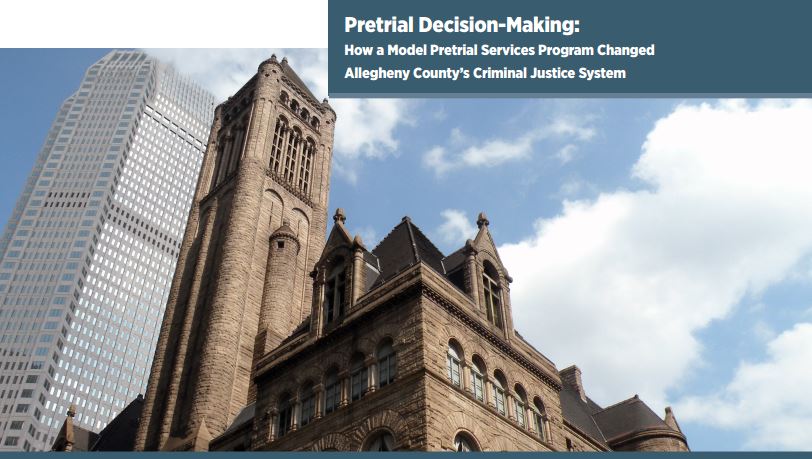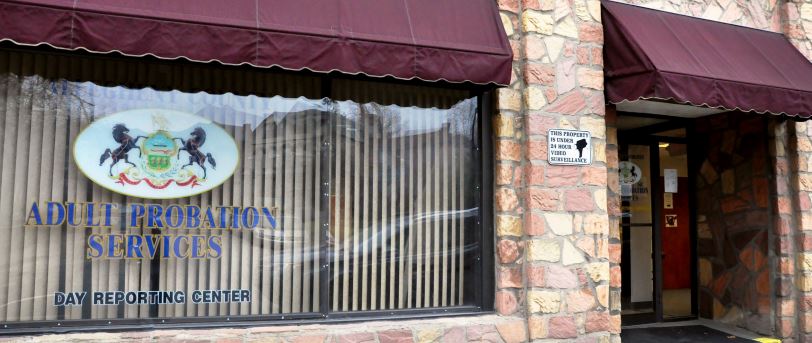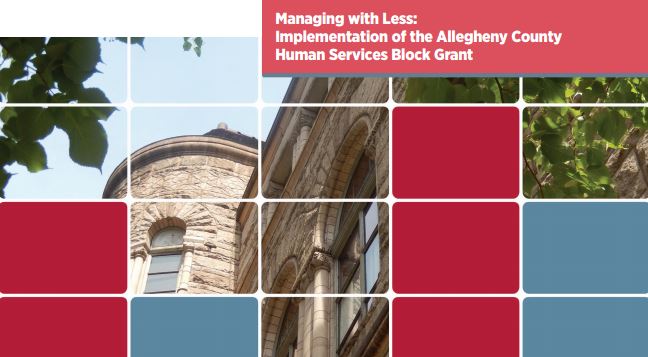An initial assessment is often a client’s first service experience, and, as such, it plays a major role in the perception, comfort and outcomes of the service. Simultaneously, the assessment can set the tone for the eventual outcomes of the This report describes the process of adapting and/or developing common assessments for use in Allegheny County, the implementation process, and the impact on consumer engagement and service delivery.










